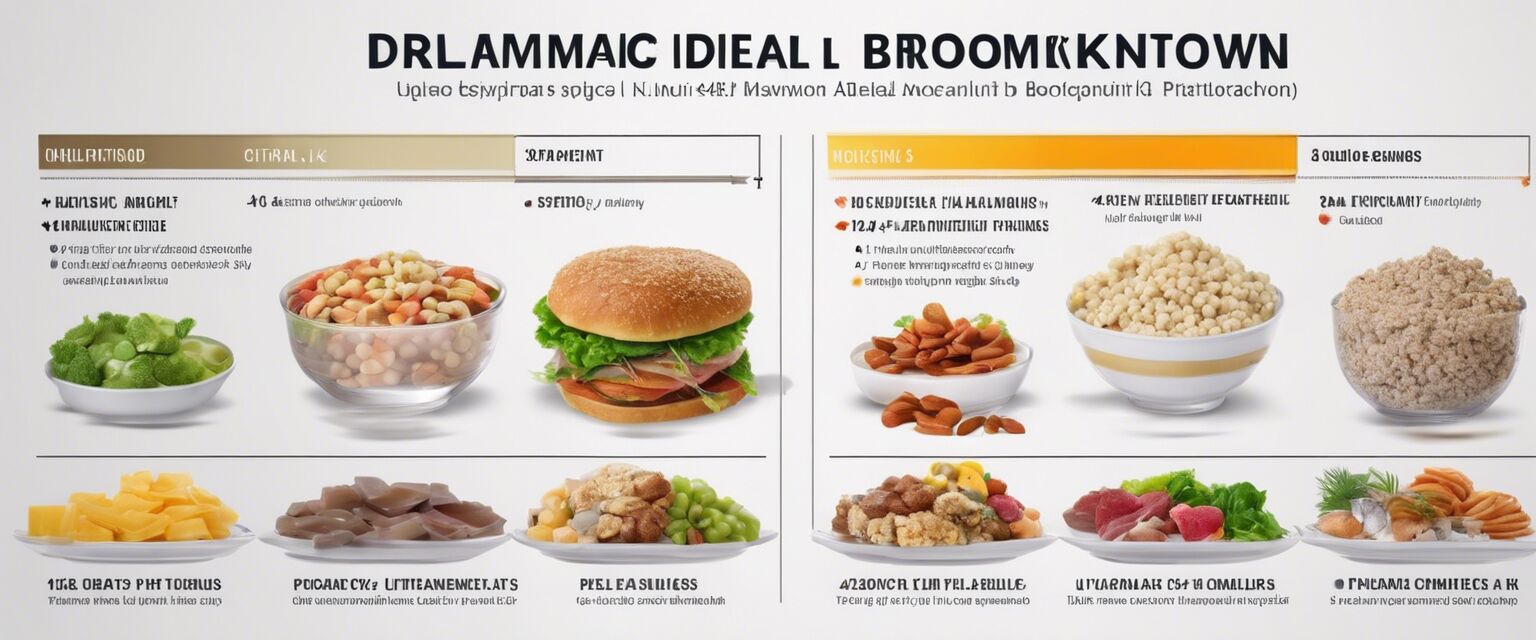
Strength Training Nutrition for Seniors
As a senior, incorporating strength training into your fitness routine can have a significant impact on your overall health and well-being. However, it's not just about the exercises you do, but also about the fuel you put into your body to support your progress. In this article, we'll dive into the importance of nutrition for seniors and provide you with practical tips to optimize your diet for strength training.
Key Takeaways
- Protein intake is crucial for muscle growth and repair
- Complex carbohydrates provide energy for workouts
- Healthy fats support hormone production and overall health
- Stay hydrated by drinking plenty of water
Why Nutrition Matters for Seniors
As we age, our bodies undergo natural changes that can affect our ability to absorb and process nutrients. This can lead to decreased muscle mass, bone density, and overall strength. A well-balanced diet can help combat these changes and support your strength training goals.
| Nutrient | Importance for Seniors | Food Sources |
|---|---|---|
| Protein | Builds and repairs muscle tissue | Lean meats, fish, eggs, dairy, legumes |
| Complex Carbohydrates | Provides energy for workouts | Whole grains, fruits, vegetables |
| Healthy Fats | Supports hormone production and overall health | Nuts, seeds, avocados, olive oil |
Macronutrient Breakdown for Seniors
To optimize your diet for strength training, aim to consume the following macronutrient breakdown:
- 1.6-2.2 grams of protein per kilogram of body weight
- 2-3 grams of complex carbohydrates per kilogram of body weight
- 0.5-1 gram of healthy fats per kilogram of body weight

Hydration for Seniors
Staying hydrated is crucial for seniors, especially during exercise. Aim to drink at least 8-10 glasses of water per day, and make sure to drink water before, during, and after your workouts.

Supplements for Seniors
In addition to a balanced diet, certain supplements can help support your strength training goals. Consider adding the following to your routine:
- Protein powder: Supports muscle growth and repair
- Creatine: Increases strength and endurance
- Fish oil: Supports heart health and inflammation reduction
Beginners Section
If you're new to strength training, start with short workouts and gradually increase the intensity and duration. Make sure to listen to your body and rest when needed.
For more exercise guides and equipment reviews, check out our Exercise Equipment and Dumbbells pages.
Benefits of Proper Nutrition for Seniors
- Increased muscle mass and strength
- Improved bone density
- Enhanced overall health and well-being
Challenges of Nutrition for Seniors
- Difficulty absorbing nutrients
- Decreased appetite
- Increased risk of malnutrition
By following these nutrition tips and incorporating strength training into your fitness routine, you'll be well on your way to achieving your goals and living a healthier, stronger life.

Remember to always consult with a healthcare professional before making any significant changes to your diet or exercise routine.








